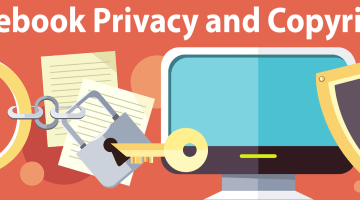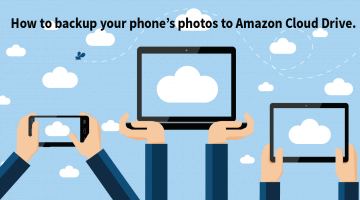Two Truths and a Lie is a parlor game where each participant tells two truths and one lie about themselves, and then everyone in the group gets to guess which tidbit is the lie. On the Internet, however, it seems …[Continue]
How To Tips
How to Post a Facebook Privacy Notice
No, no, no, NO! There is NO legalese that you can post on your Facebook wall that will protect your privacy nor the ownership of your posts and photos. The agreement between you and Facebook is completely defined by the …[Continue]
Why Chrome is a Memory Hog?
The Chrome browser from Google is fast and I love it. But it’s a memory hog, and if you have too many tabs and too many addons, your computer can slow to a crawl, or even crash. Why, you may …[Continue]
How to Backup Your Phone’s Photos to Amazon Cloud Drive
Although many consumers think of Amazon as an online book store, it is also a leader is cloud storage for businesses. And recently Amazon announced free unlimited photo storage for their Prime members. Yup. Unlimted Storage. Free. By the way, …[Continue]
How to Turn on Safe Search for Google, Bing, and Yahoo!
Safe search is a kid-friendly search filter that tells the search engines to remove explicit adult results. While they may let some content through that you find objectionable, they are a very good start. If you have multiple browsers on …[Continue]
How to Setup Amazon Family Sharing
Amazon recently announced that immediate family members can now share digital content including Kindle books, Amazon apps, and audiobooks. A household can contain one or two adults, and up to four children. 1) To setup your family library, login to …[Continue]
How to Automatically Change Passwords
I’ve long been a proponent of using a password manager to keep your passwords long, obscure, and unique (so that you’re not using the same password at any two sites.) I recommend LastPass (which is the service I use), Dashlane, …[Continue]
How to Make an Animated GIF
Animated GIFs have been around for nearly 20 years, but have enjoyed a recent resurgence in popularity because they can tell a story, or convey an emotion better than a static image, yet are shorter and more portable than full-fledged …[Continue]








